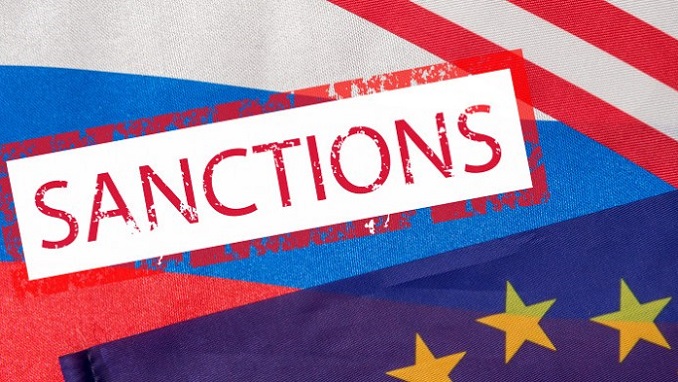Western sanctions on Russia — imposed in response to the Kremlin’s annexation of Crimea in 2014 have had a “much more moderate impact than those who imposed them intended,” according to the author of a new book, Russia’s Response to Sanctions, Forbes reports.
Dr. Richard Connolly, Director of the Centre for Russian, European and Eurasian Studies at the University of Birmingham in the UK, recently spoke at a round-table organized by think-tank Chatham House, where he argued that Russia’s reaction to sanctions had enabled it to “continue with its foreign policy course.”
The expert identified three principal approaches from Russia which had made this possible. Firstly, what he termed a ‘securitized economic policy’ — security concerns being used to justify more intervention in the economy than before — had become ‘the new normal’.
Secondly, Russian investment and production in targeted areas — such as the oil and gas industries — were rising. The third, and perhaps the most worrying approach for western investors hoping one day to benefit from an improvement in relations with Russia, and a lifting of sanctions, Dr. Connolly has identified as ‘a discernible shift to the non-west in trade and capital flows’.
“You shouldn’t see sanctions as a success or a failure. Instead, they should be seen as part of a wider strategy — not as a substitute for one,” Dr. Connolly suggested.
The expert noted that the former U.S. Ambassador to Russia, Michael McFaul, had — in testimony to Congress last week — made a robust defense of sanctions on Russia. In a transcript of his testimony posted on the Stanford University website, McFaul described the measures “the right, moral punishment to take in response to egregious, illegal actions even if they do not change (Russian President Vladimir) Putin’s behavior.”












